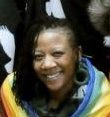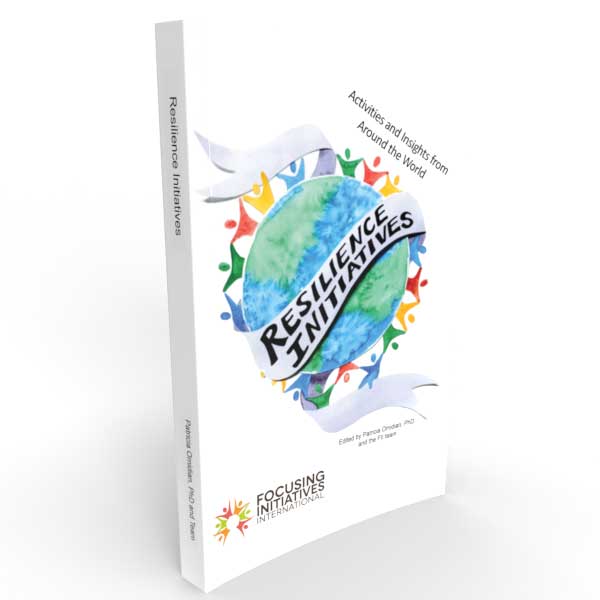I have worked or lived in trauma for more than half a century, both as a survivor of trauma and as a trauma therapist. I am the daughter of a Métis aboriginal father, who survived the generational impacts of genocidal colonization and residential school fallout; and the daughter of a very tiny Russian Mennonite refuge mother, who was ‘abandoned’ by her people, for marrying outside of their cultural and religious beliefs. Our many homes were filled with reenactments of aboriginal residential school child rapes, child torture, starvation, family violence and gross parental neglect. Our childhoods were in constant life and death danger and not all of us were able to survive the trauma. Before I even began school, our mother was gone, and I became the family matriarch, raising my siblings between rapes and blows and between clashing cultures and ever changing rural and urban settings. There was little time to think about feelings of self-esteem, grieving, or wondering if I was lovable or loved. Attachments were definitely not to adults, but rather to the sacred heaven and earth and to sacred dependent siblings. It was a time of great necessary competence, and courage, and extension of one’s self. Being in the position of caregiver and provider so young, allowed me to keep a piece of my self out of the trauma, so that I might perform, to carry the family forward. Those in the family who did not have huge responsibilities responsibilities that are greater than the trauma itself) did not fare so well. The trauma swallowed them whole and they were not as able to see the light of day or crawl themselves entirely home from the dark. It is an enormous life sorrow and a great sense of sweet failure and loss, for those of us who have crossed the river, to not be able to save our important others completely.

The prognosis for full recovery on trauma is a tricky and complicated matter and not always in the cards. Clearly, there is plenty of space on this planet for the un-colonized mind. Striving for psychological wellness is not always an option or preference for many survivors. Hopefully, we can be gracious enough to respect where people land and choose to reside on the scales of wellness. Having lived through trauma is more than enough and commands respect in itself. We need not be so anxious on behalf of others. We do not need them to come with us, in order to heal. However, it is often a lonely journey, this business of healing from large trauma, and we often need to be beyond our pain before we are able to fully connect, attach, and accept those who we were, and are, in relationship with. The fallout of trauma and treatment of trauma can take the knees right out on you and not everyone has the stomach for its remedy. With such great personal undertakings; the raising of children by children, under such impoverished and violent circumstances, in an Indigenous and sometimes non-Indigenous context; the contemporary world’s thinking on trauma has sometimes made little sense to me. What is more normal to me is that large numbers of children survive and thrive all over the world, having lived a similar fate or worse. They are not broken, damaged or psychologically ill. However, they are sometimes psychologically misunderstood by themselves, their families, their communities, and by those who are there to help them. This sometimes causes survivors of trauma years of extreme emotional pain. They are often naturally overwhelmed, tired and worn out by the struggle of all they have heard, seen, and now bodily carry. They are then further depleted by a world that often does not understand or know how to help.
